The CHRO of the future: Looking at HR through a new lens

HRM Asia’s CHRO Online Series 2022 continues November 19 with CHRO Malaysia examining the role of the future CHRO.
Embracing human-centric leadership in shaping the future of work

HRM Asia’s CHRO Online Series 2021 continues November 18 with CHRO Malaysia discussing how HR is taking the lead in shaping the future of work.
Hong Kong pushes for weekly COVID-19 test for public workers
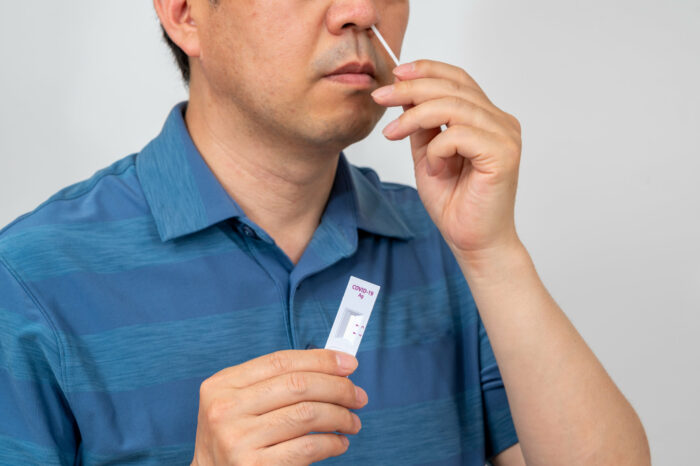
Unvaccinated government staff may need to get tested for COVID-19 every week instead of once every two weeks.
All work, with play: Maximising employee engagement

Vaibhav Jain, CEO and Founder of Hubilo, explains why businesses must rethink employees’ experience and leverage technology to overcome challenges.
Largest business lobby in Japan calls for more female worker support

Keidanren aims to reduce the number of women who are forced to quit their jobs to care for their children or nursing care for their parents.
Redefining the role of the CHRO in building the future organisation

HR leaders will have to adapt to digitalisation, balance empathy at work, and promote smart risk-taking in the workplace.
How CHROs can help build the future organisation

HRM Asia’s CHRO Online Series 2021 continues November 18 with CHRO Malaysia re-examining the role of HR leaders in the future organisation.
South Korea’s wage divide between sectors widens

Workers in internet service firms saw their pay rising in the first half of 2021, while those in the travel sector experienced a slump.
Hong Kong to offer flexible employment for mothers

Chief Executive Carrie Lam noted that it was important to retain mothers in the workforce while offering them better childcare support.
Malaysia priorities safety of employees working from home
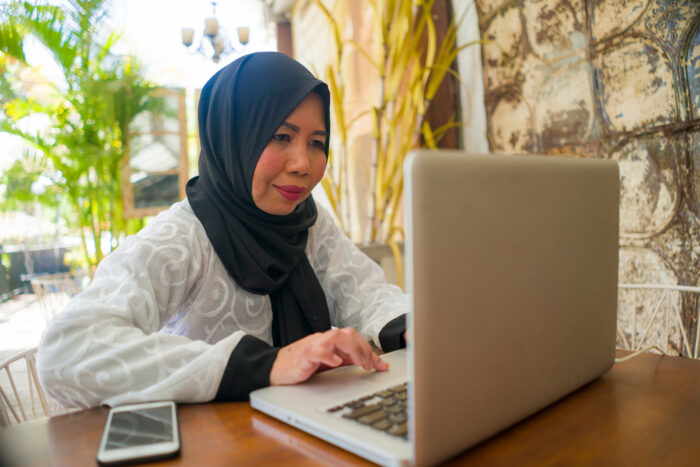
Malaysia is making amendments to the Employment Act 1955 on flexible work to ensure employees can work safely from home.
Low wage workers to benefit from Australia’s new superannuation law

The introduction of the regulation will abolish the current A$450 minimum threshold for workers to qualify for superannuation.
South Korea’s presidential hopeful mulls four-day workweek pledge

Lee Jae-myung believes that the implementation of a four-day workweek will create more jobs and cut working hours in the country.
Why more HR tech is not necessarily better

Steve Boese explains why it is more important to use HR to support employees at a personal level, and be mindful of how employees respond.
Reimagining employee experience for a hybrid workforce

A recent webinar presented by Workday and HRM Asia highlighted why employee experience is a priority as hybrid working grows.
New Zealand makes vaccination mandatory for hospitality staff

Employees of businesses where customers are required to show vaccine certificates will be given four weeks to also get the jab or face sacking
How HR can help build the future organisation

HRM Asia’s CHRO Online Series 2021 will kick off on October 28 with CHRO Indonesia examining the role HR can play in building the future organisation.
Unvaccinated workers in Singapore could lose their jobs

From 1 January 2022, workers who refuse to disclose their COVID-19 vaccination status will be treated as unvaccinated.
Malaysia proposes amending Employment Act

The human resources minister has tabled for the first reading a Bill to amend the Employment Act to insert a new section on paternity leave in Parliament.
Japan looks into distributing wage profits
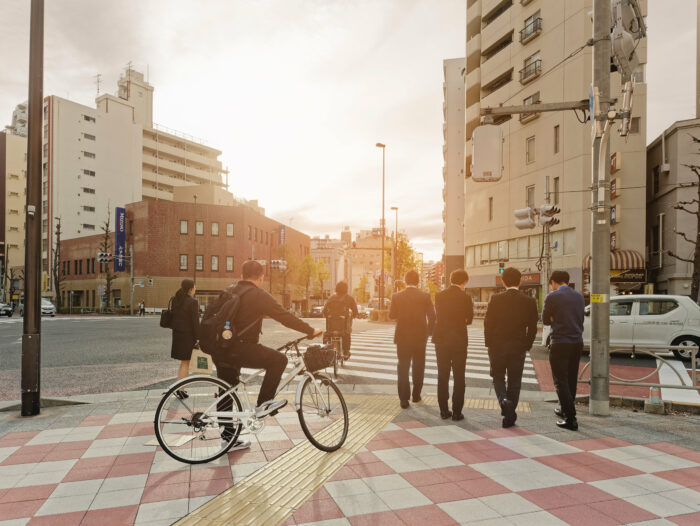
Prime Minister Fumio Kishida had vowed earlier to draw up an economic package worth “tens of trillions of yen” to revive the economy.
Mandatory vaccination urged for frontline workers in the Philippines

The labour department will be studying a proposal that mandates COVID-19 vaccination for frontline workers.
Rise in minimum wage could derail Malaysia’s economic recovery: MEF
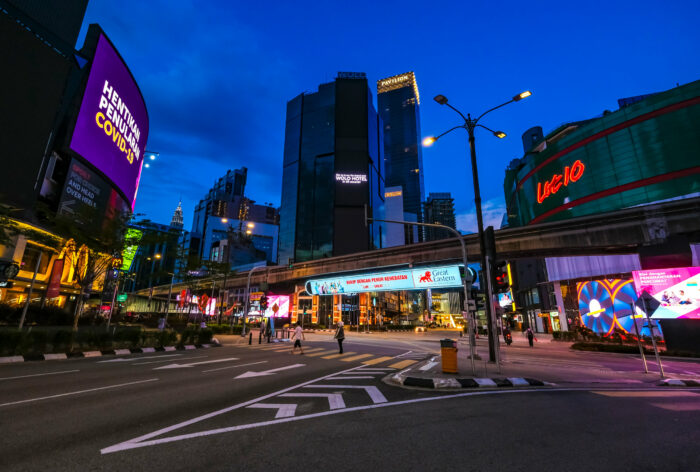
Labour productivity also registered a fall of 16% in 2020, following a reduction in workforce numbers, notes the Malaysian Employers Federation.
Eateries, spas cannot sack unvaccinated staff in the Philippines

Businesses offering dine-in and in-person services cannot fire staff or withhold the salaries of those who are not vaccinated.
Unvaccinated workers not allowed back to the workplace in Singapore

From January 1 next year, only those who are vaccinated will be allowed back to the workplace, or if they have tested negative for COVID-19.
More South Korean women prefer to work virtually

An online survey of 4,476 employees shows that a much higher proportion of women than men prefer to work remotely than at a physical office location.
‘No vaccine, no pay’ practice declared unlawful in the Philippines

Some workers have said that they were not paid their salaries as they were required to first present proof of vaccination.
Adapting to the work and the workforce of tomorrow
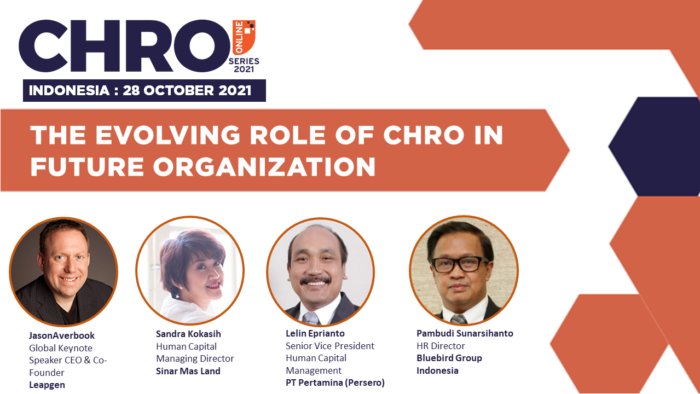
HRM Asia’s CHRO Online Series 2021 will kick off on October 28 with CHRO Indonesia discussing how HR is taking the lead in shaping the future of work.
S$13 million recovered in employee claims in Singapore

Employees who made claims for salary arrears and compensation for wrongful dismissal in the last financial year recovered S$13 million.
Taiwan ranks 4th globally in number of working hours

Workers in Taiwan worked more hours than those in other countries in the world last year except for three other countries, according to the Ministry of Labour.
Australia’s Labour Party proposes more rights for part-time workers

To help workers, especially women, balance family and employment responsibilities, Labour has urged for a review of the “erosion” of part-time work.
Why it is time to build a new, improved deskless reality

Josh Bersin details the critical components to consider when designing deskless work strategies and the employee experience for deskless workers.

